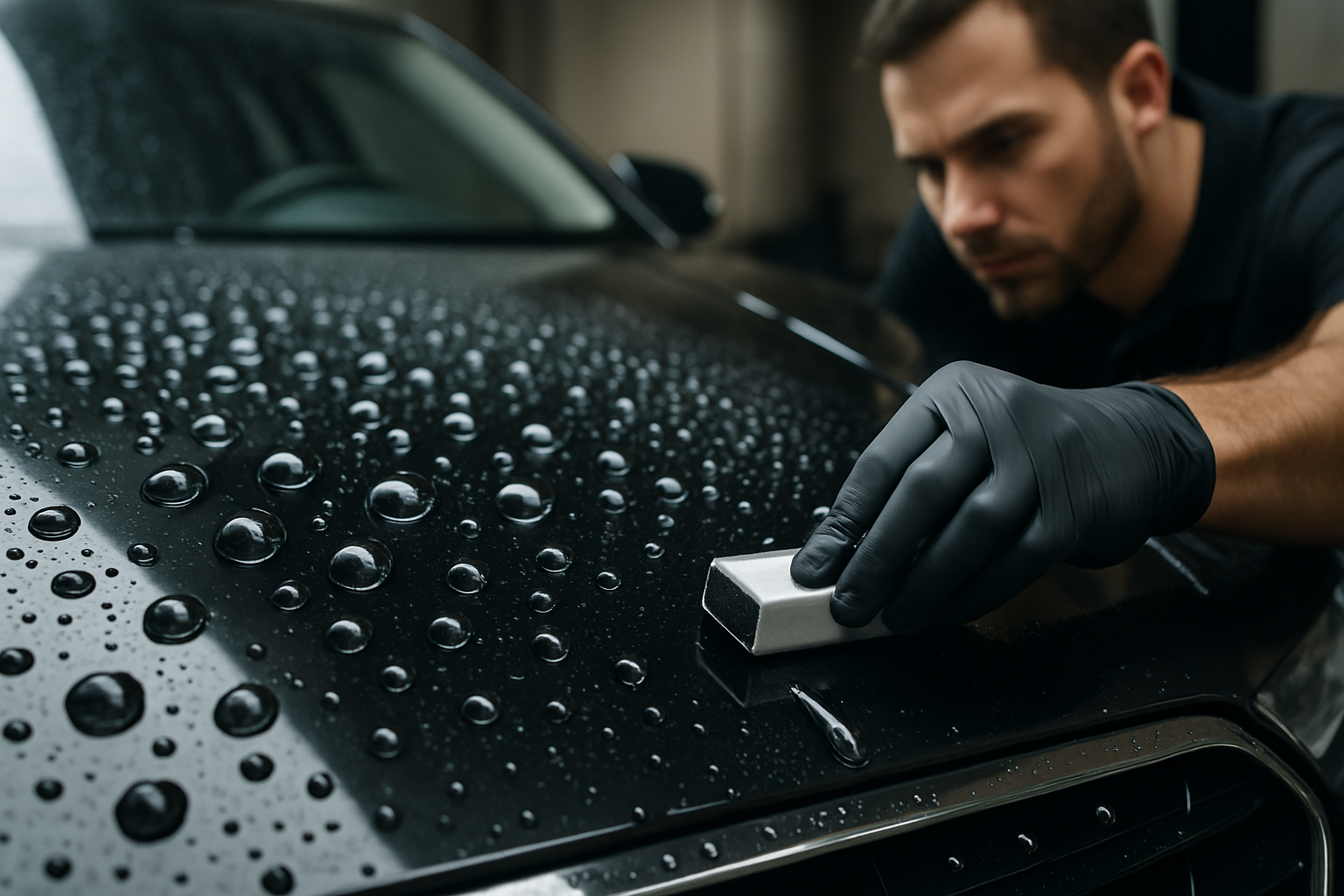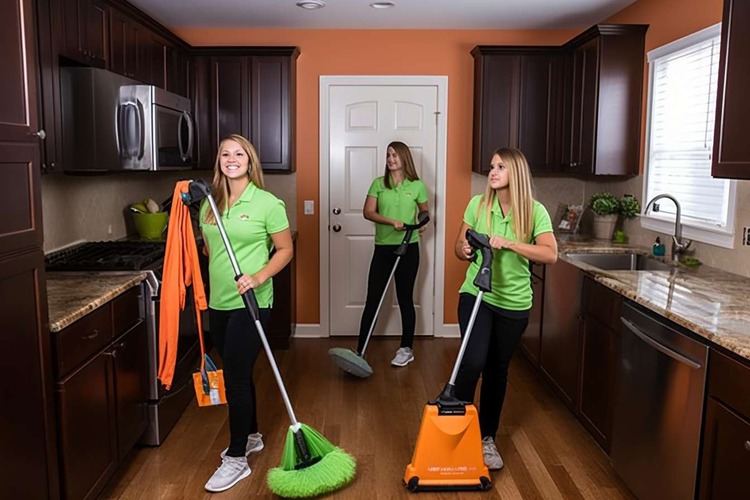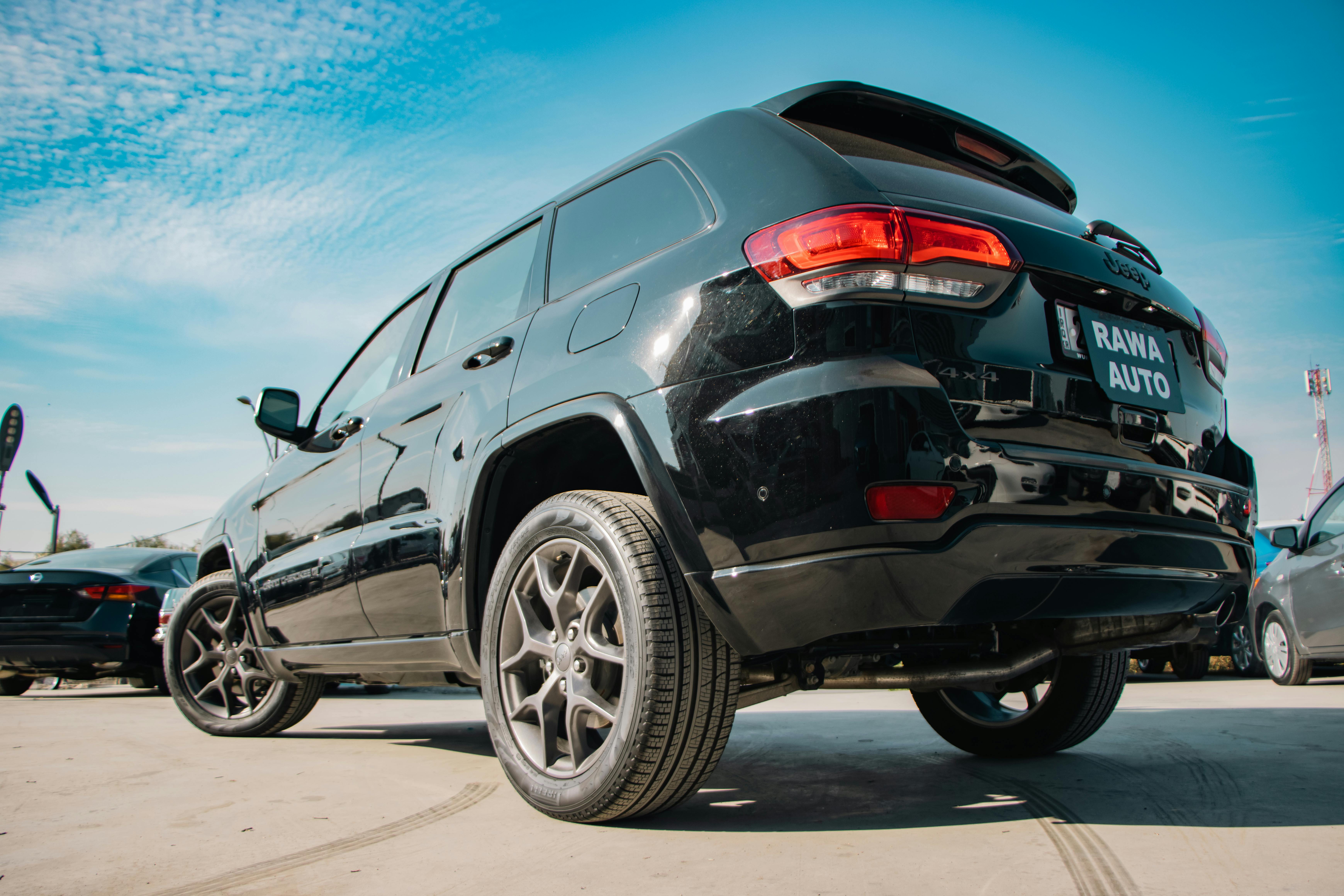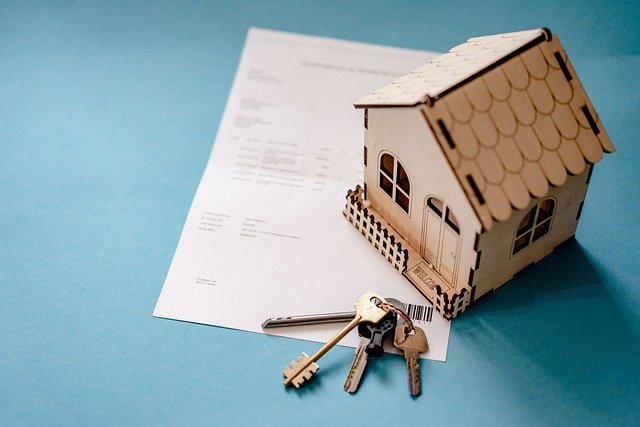Garage Floor Coatings: A Comprehensive Guide to Options, Applications, and Costs
Garage floor coatings transform ordinary concrete floors into durable, attractive surfaces that resist stains, chemicals, and wear. These protective layers not only enhance the appearance of your garage but also extend the life of the concrete underneath. Whether you're looking to upgrade your home garage or protect a commercial space, understanding the various coating options, application methods, and associated costs is essential for making an informed decision that meets your specific needs and budget constraints.

Types of Floor Coatings for Concrete
Concrete floors benefit from various coating options, each with distinct properties and advantages. Epoxy coatings, perhaps the most well-known, create a hard, chemical-resistant surface through a chemical reaction between resin and hardener. Polyurethane coatings offer superior UV resistance and flexibility compared to epoxy, making them excellent for areas with temperature fluctuations. Polyaspartic coatings provide rapid curing times and exceptional durability, suitable for quick installation projects. Acrylic sealers represent a more affordable option with easier application but offer less protection and durability than their counterparts. Lastly, hybrid coatings combine multiple formulations to maximize benefits while minimizing drawbacks.
Selecting the Right Floor Coating for Garage Spaces
When choosing a floor coating for garage applications, several factors deserve consideration. First, evaluate your garage’s usage patterns—heavy vehicle traffic and workshop activities require more durable coatings than simple storage spaces. Consider your local climate, as extreme temperature variations affect coating performance. Moisture conditions in your concrete slab influence adhesion, potentially necessitating moisture barriers for damp environments. Preparation requirements vary by coating type, with some demanding extensive surface preparation while others accommodate minor imperfections. Finally, weigh your aesthetic preferences against practical needs, as coating options offer different finishes, colors, and decorative possibilities.
Epoxy Coating for Concrete: Benefits and Applications
Epoxy coatings create exceptionally durable surfaces for concrete floors through their unique chemical bonding process. These coatings offer remarkable resistance to chemicals, including automotive fluids, making them ideal for garage environments. The seamless surface resists dust accumulation and simplifies cleaning, while the high-gloss finish significantly improves light reflection, brightening the entire space. Professional-grade epoxy coatings typically last 10-20 years with proper maintenance, making them a long-term investment. Beyond residential garages, epoxy coatings excel in commercial and industrial settings where durability and ease of maintenance are paramount, such as warehouses, manufacturing facilities, and commercial kitchens.
DIY vs. Professional Installation Considerations
While DIY epoxy kits appeal to budget-conscious homeowners, professional installation offers significant advantages worth considering. DIY applications often use lower-grade materials with shorter lifespans and less chemical resistance than professional formulations. Proper surface preparation—including degreasing, etching, and crack repair—poses considerable challenges for inexperienced installers but remains critical for coating adhesion and longevity. Professional installers bring specialized equipment for thorough preparation and efficient application, along with expertise in addressing unique concrete conditions. Additionally, professional applications typically include warranties, whereas DIY mistakes may necessitate costly removal and replacement. The decision ultimately depends on your budget, skill level, and expectations for the finished product.
Epoxy Garage Floor Cost Analysis
The cost of epoxy garage floor installations varies significantly based on several factors, including coating quality, garage size, and preparation requirements. For standard single-car garages (approximately 250 square feet), basic epoxy systems typically cost $750-$1,500 when professionally installed. Premium epoxy systems with enhanced durability and decorative elements for two-car garages (400-500 square feet) generally range from $1,600-$3,500. For three-car garages or larger spaces, expect costs starting around $3,200 and increasing based on complexity.
| System Type | Average Cost (Per Sq Ft) | Features | Typical Lifespan |
|---|---|---|---|
| Basic Epoxy | $3-$5 | Single color, minimal preparation | 3-5 years |
| Mid-Grade Epoxy | $5-$7 | Better durability, more preparation | 7-10 years |
| Premium Epoxy | $7-$12 | Full flake systems, extensive preparation | 15-20 years |
| Polyaspartic | $10-$15 | Rapid cure, UV stable, highest durability | 15-25 years |
Prices, rates, or cost estimates mentioned in this article are based on the latest available information but may change over time. Independent research is advised before making financial decisions.
Additional costs may include concrete repair ($2-$5 per square foot), moisture mitigation systems ($3-$7 per square foot), and removal of existing coatings ($2-$4 per square foot). Labor typically constitutes 50-70% of the total project cost, reflecting the importance of proper installation. While DIY epoxy kits cost $200-$600 for a two-car garage, they offer significantly shorter lifespans and less durability than professional applications.
Maintenance and Longevity of Garage Floor Coatings
Proper maintenance significantly extends the life and appearance of garage floor coatings. Regular cleaning with mild detergents and soft brushes removes debris before it damages the surface. Avoid using harsh chemicals, abrasive cleaning tools, or pressure washers that might degrade the coating. Promptly address spills, particularly chemicals and automotive fluids, to prevent staining or degradation. Periodically inspect for damage, addressing small chips or cracks before they expand and compromise larger areas. For high-traffic zones, consider using protective mats under vehicle tires and work areas. With appropriate care, quality epoxy coatings typically last 10-15 years, polyurethane coatings 7-10 years, and polyaspartic systems potentially 20+ years before requiring reapplication or significant refurbishment.
Garage floor coatings represent a valuable investment in both the functionality and aesthetic appeal of your space. By understanding the available options, installation considerations, and maintenance requirements, you can select a coating system that provides years of service while enhancing your garage’s appearance and utility.




